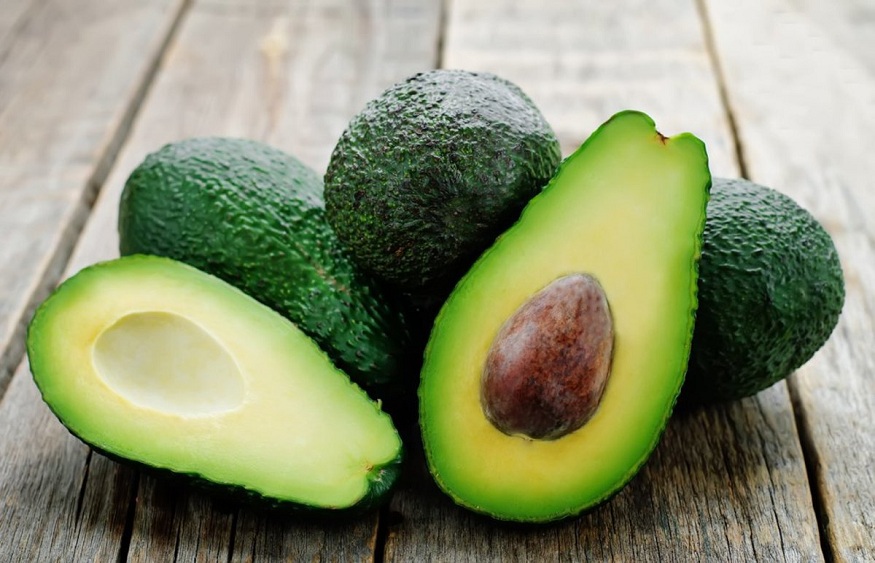Among the things that can make or break an event, the quality, taste, and appearance of the food and drink you serve are among the most important things. Just ask your guests. They probably won’t really remember the decor or the entertainment, but they will definitely remember if their meal was great or disappointing. It depends a lot on your choice of caterer and if this decision does not seem essential to you, consider it from this angle… An exceptional catering can save a failed event, but a bad catering will certainly miss the best of evenings.
Responsiveness and interest in recognizing your needs
Of all the event and catering professionals we spoke to, it came up time and time again: a caterer’s responsiveness and interest in your first conversations indicates how they will
Many caterers claim to have the best food, prepared with the freshest ingredients at the most competitive price, but it’s also essential that they respond to your calls and emails promptly and are open to criticism and suggestions. . Although these factors may seem insignificant when compared to taste and cost, it actually indicates that the caterer really cares about meeting the needs of their customers and ensuring that they are satisfied with the product and of the service offered.
A prospective caterer should learn as much as possible about you during your first conversations with them. You should therefore expect your caterer to ask questions about 20% of the time, and then you will need to provide answers and define your needs about 80% of the time. If a caterer doesn’t ask you about the event, they may just see you as the next customer on their list. A caterer should be interested in the details of your event. It should ask questions about your theme, purpose, budget and objectives of it.
Ability to handle your type of event
Not all caterers are perfect, nor are all types of events, and many caterers themselves openly admit this.
Caterers all host many events, but some serve different markets more effectively than others. Every caterer has areas they specialize in, so even a caterer with an excellent reputation may not be the best fit for you. For example, some are more “boutique” and specialize in intimate, smaller social events. Others specialize in services for large corporations and nonprofits.
So when interviewing your caterers (you should talk to at least three caterers for any event with a reasonable budget), you should specify the type of food and/or presentation you want. Otherwise, you might choose a caterer that just doesn’t match the type or style of your event.
Flexibility regarding menu options
Virtually every caterer has a standard menu or menus to choose from. And, many provide some flexibility to tailor these menus to your specific needs by substituting specific items and/or customizing others. Any caterer knows what they need to offer a few different menu options, constantly updated with current trends.
All of these questions are important to ask upfront to find out how capable and willing each caterer is to serve you.
Tastings
And more specifically, how will you know how the foods on the menu you are considering will taste if you don’t try them? Some people are hesitant to ask to taste the dishes, but it is customary to ask for a sample of what you intend to order before signing the contract.
Familiarity with the venue
You could be in for a nasty surprise if you choose a high-end event caterer to serve a barn wedding. Why ? Because these caterers may not be used to preparing and serving food in such an environment.
The caterer’s contract should clearly specify what food, beverages and services the caterer will provide on the designated day(s). In addition, it should protect you in the event of cancellation, just as much as it protects the caterer against non-payment. You may want to consider having it reviewed by a lawyer before signing it.
A well-defined cancellation plan
You should ensure that your contract contains a cancellation clause in case your caterer is forced to cancel it.
Will your caterer refer you to other caterers or help you make calls to see who is available?
References you can use
Of course, you’ll need to check out the caterers you’re considering, and it’s always good to go online and check sites like Yelp, Wedding Wire and Angie’s List for reviews and ratings.
It’s wise to check references, make calls and get your own opinion. Do not rely solely on what the caterer tells you, what their references on their website tell you, or what Internet users say… Take extra steps to make sure you understand their experience.
Insurance
All the caterers we spoke to consider insurance coverage an absolute necessity.
Any reputable catering company will have liability insurance, otherwise this is often a very bad sign. This type of insurance protects you and saves you from having to deal with any recourse if something happens and the caterer is not properly insured.
An experienced chef and kitchen staff
Time spent in the restaurant business doesn’t necessarily translate into great, great-tasting food. The background and experience of the leader may be more important than the business owner who has awards on their website. . It’s the chef, sous chef and kitchen staff who often seal the deal.




